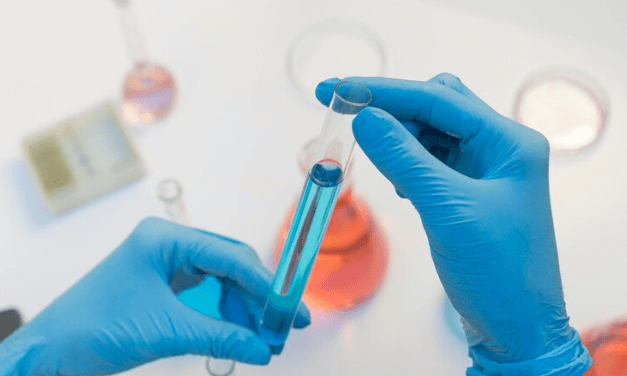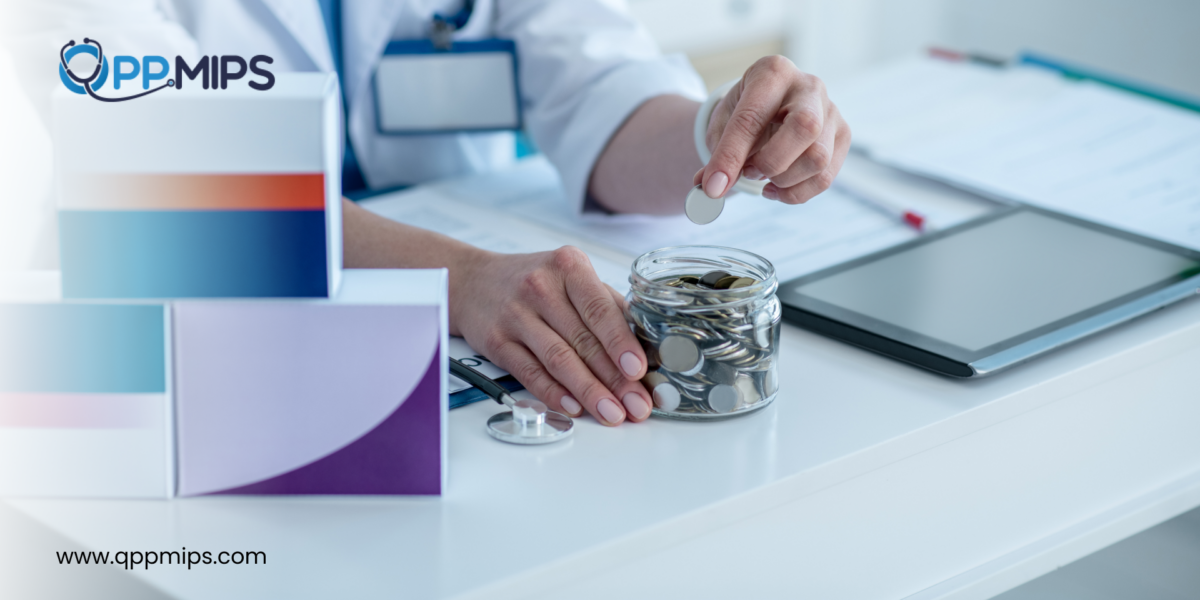How to Prepare for a Lipid Profile Test: A Complete Guide

A lipid profile test is an essential health checkup that provides insights into your cholesterol and triglyceride levels. This test helps assess your risk for heart disease, and understanding the preparation required can ensure accurate results. If you’re scheduled for a lipid profile test, this guide will walk you through everything you need to know, from pre-test preparations to what you can expect during and after the test.
What Is a Lipid Profile Test?
A lipid profile test measures the levels of various fats in your blood, including:
- Total Cholesterol: Measures the overall amount of cholesterol in your blood.
- HDL (High-Density Lipoprotein): Known as “good” cholesterol, it helps remove other forms of cholesterol from your bloodstream.
- LDL (Low-Density Lipoprotein): Known as “bad” cholesterol, high levels can lead to plaque buildup in arteries.
- Triglycerides: A type of fat found in your blood, often linked to heart disease when levels are high.
Your doctor may recommend this test if they suspect high cholesterol or other risk factors for cardiovascular disease.
Why Preparation Is Important
Proper preparation for a lipid profile test can significantly affect your results. Factors like food intake, medications, and even your stress levels can influence lipid levels, so following guidelines is crucial.
Steps to Prepare for a Lipid Profile Test
1. Fasting Guidelines
For most lipid profile tests, fasting is required:
- Fasting Duration: Typically, you’ll be asked to fast for 9–12 hours before the test. Fasting means no food or drink other than water.
- Exceptions: In some cases, especially for patients with specific conditions, fasting may not be required. Check with your healthcare provider if you’re unsure.
Fasting helps get accurate measurements of triglycerides and LDL cholesterol, as eating can temporarily increase these levels.
Also Read- Why You Need Vitamin B12 Test
2. Medication and Supplement Considerations
Certain medications and supplements can impact your test results. For example:
- Cholesterol Medications: If you’re already taking cholesterol-lowering drugs, inform your doctor beforehand.
- Supplements: Fish oil, vitamin D, and other supplements can also affect lipid levels. If you’re taking any, let your healthcare provider know.
Your doctor might advise you to pause some medications or supplements temporarily before the lipid profile test in Bangalore.
3. Avoid Alcohol and Smoking
- Alcohol: Avoid alcohol at least 24 hours before the test, as it can raise triglyceride levels, leading to inaccurate results.
- Smoking: Smoking can impact HDL cholesterol levels, so it’s best to avoid it before the test.
These lifestyle factors can affect the lipid levels in your blood, so it’s crucial to refrain from them for accurate results.
4. Stay Hydrated
Drinking water is encouraged while fasting, as it helps keep your veins more visible and accessible for the blood draw. However, avoid sugary or caffeinated drinks, as these can influence your lipid levels.
5. Manage Stress Levels
Stress can influence lipid levels in the body. Before going for your test, try to relax, practice deep breathing, or engage in activities that help you stay calm. Managing stress is especially important when preparing for any medical test, including the lipid profile test.
6. Wear Comfortable Clothing
Choose clothing with sleeves that can be easily rolled up, as the test involves drawing blood from your arm. Comfortable clothing can make the process easier for both you and the technician.
What to Expect During the Test
During the lipid profile test, a healthcare professional will:
- Ask you to sit comfortably and extend one arm.
- Clean the skin around the puncture site with an antiseptic.
- Draw a small sample of blood, typically from a vein in your arm.
The entire procedure takes only a few minutes, and results are usually available within a few days.
After the Test: Understanding Your Results
Once you receive your results, your doctor will explain what they mean for your health. Here’s a quick breakdown:
- Total Cholesterol: Levels less than 200 mg/dL are considered desirable.
- HDL Cholesterol: Higher levels are better, with 60 mg/dL and above being optimal.
- LDL Cholesterol: Levels below 100 mg/dL are ideal.
- Triglycerides: Levels less than 150 mg/dL are desirable.
If any of your results fall outside these ranges, your doctor may recommend lifestyle changes, medications, or further tests.
Tips for Maintaining Healthy Lipid Levels
Maintaining healthy cholesterol and triglyceride levels involves a combination of diet, exercise, and lifestyle adjustments. Here are some tips:
- Balanced Diet: Include more fiber-rich foods like fruits, vegetables, and whole grains while reducing saturated and trans fats.
- Regular Exercise: Aim for at least 150 minutes of moderate exercise per week, such as brisk walking, cycling, or swimming.
- Quit Smoking and Limit Alcohol: Both smoking and excessive alcohol consumption can negatively impact your lipid profile.
Final Thoughts
Preparing for a lipid profile test in Bangalore doesn’t have to be complicated. By following these simple steps, you can ensure accurate results, helping you and your healthcare provider better understand your heart health. Remember, routine tests like this are key to early detection and prevention, so don’t hesitate to schedule one if recommended by your doctor.
Whether it’s for routine monitoring or part of a more extensive health checkup, a lipid profile test is a valuable tool in managing your well-being.








